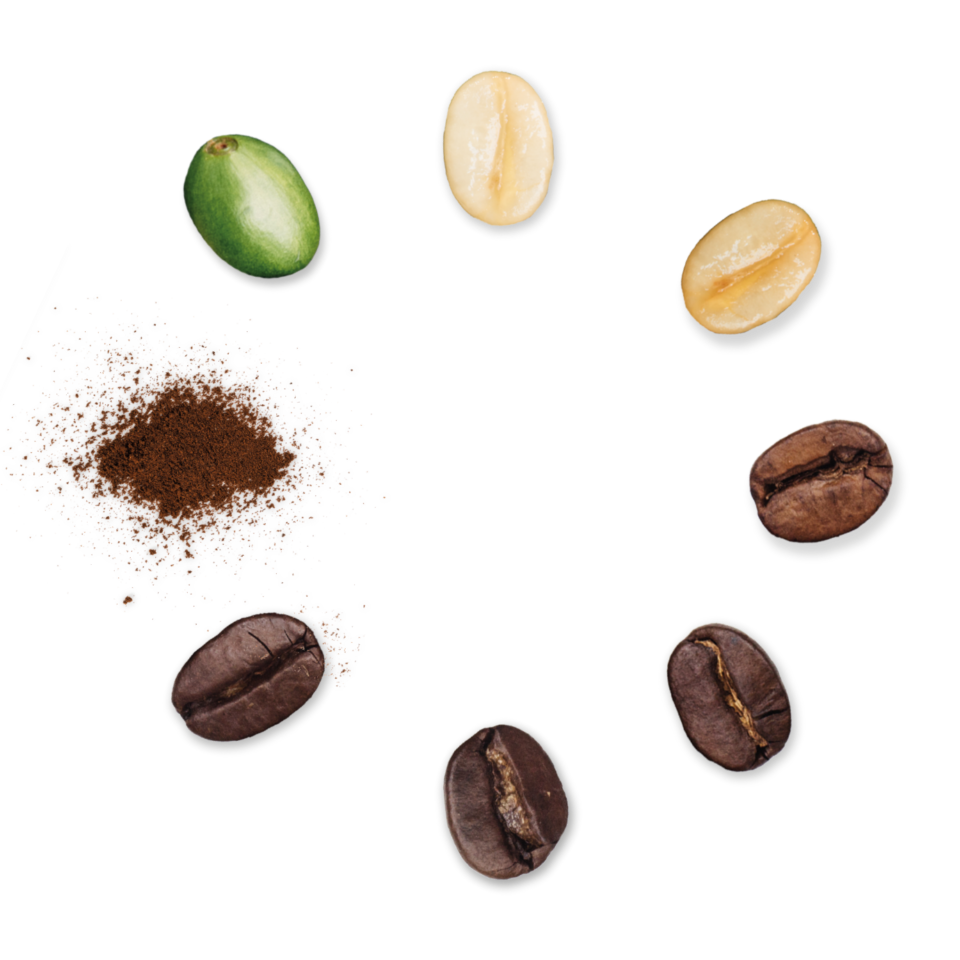The coffee industry, an essential thread in the fabric of daily life for billions worldwide, has reached a crossroads. With over 10 million tons of coffee produced annually across 12 million farms spread over 10.6 million hectares, coffee is not just a beverage but a cultural and economic powerhouse. Yet, behind the 3+ billion cups enjoyed every day lies a sobering statistic: only 1-5% of the original coffee cherry ends up in the cup, leaving nearly 40 million tons of biomass as waste annually.
This mountain of biowaste represents both a challenge and an opportunity. It highlights the pressing need for more sustainable practices in coffee production and consumption—practices that can unlock hidden value, reduce waste, and create new income streams, particularly in coffee-producing regions.
The Promise of Circular Solutions
The concept of the circular economy is gaining traction across industries, and coffee is no exception. By rethinking how resources are used and reused, circular approaches in coffee can:
- Generate income and job opportunities, especially in producing countries.
- Address critical environmental concerns like waste management and carbon emissions.
- Drive innovation in bio-based products derived from coffee biomass.
In regions like Europe, where 24% of global coffee consumption occurs, or Brazil, a leader in coffee production, adopting circular solutions can have a transformative impact on both local and global scales.
Challenges to Overcome
Despite its promise, implementing a circular economy in coffee is not without hurdles. These include:
- Knowledge gaps: A lack of widespread understanding of circular practices limits adoption.
- Regulatory weaknesses: Inadequate policies and frameworks hinder large-scale implementation.
- Low investment levels: Public-private collaboration and funding remain insufficient to drive systemic change.
These barriers call for coordinated global action, robust investments, and innovative partnerships.
A Global Hub for Change
In response, the newly established Center for Circular Economy in Coffee aims to bridge these gaps. Backed by leading organizations such as the Lavazza Foundation, Politecnico di Torino, the University of Gastronomic Sciences – Pollenzo, the International Coffee Organization (ICO), the International Trade Centre (ITC), and UNIDO, this initiative is creating a global network dedicated to research, innovation, and practical solutions.
The center envisions a world where coffee is not just a product but a sustainable system that benefits everyone involved, from farmers to consumers. Through partnerships, it seeks to implement circular solutions and inspire industries to rethink their approach to coffee waste.
The Road Ahead
With coffee demand growing steadily, the industry has an unprecedented opportunity to lead by example in sustainability. By transforming waste into resources and integrating circular practices, the sector can become a beacon for global sustainability efforts.
As the coffee community rallies behind this movement, it’s clear that the future of coffee lies not just in the cup but in the innovative and sustainable systems built around it. Through collaboration and commitment, we can reimagine coffee as a force for environmental stewardship, economic prosperity, and social inclusion—one cup at a time.
